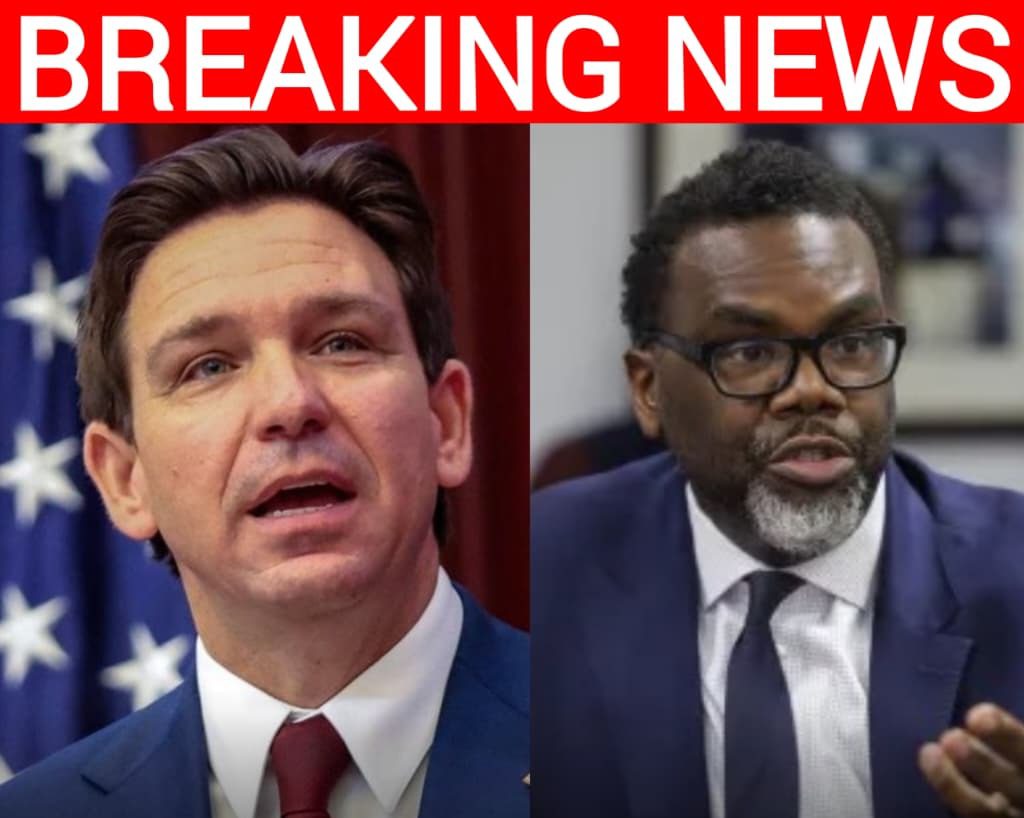Florida Governor Ron DeSantis claims Chicago Mayor Brandon Johnson is running interference for deadly drug cartels—says Johnson must resign
Florida Governor Ron DeSantis has cast a sharp and unprecedented public accusation at Chicago Mayor Brandon Johnson, charging that the mayor is “running interference” for deadly drug cartels operating in the Chicago area. In a series of posts and public remarks in October 2025, DeSantis pointed to Chicago’s sanctuary-city policies and reduced cooperation with federal immigration and law-enforcement authorities as the root of what he described as cartel-enabled chaos. The allegation marks a bold escalation in the national debate about crime, border policy and city governance in America’s major metropolitan centres.
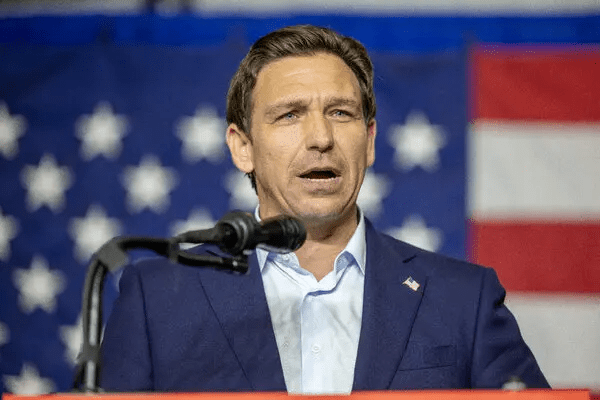
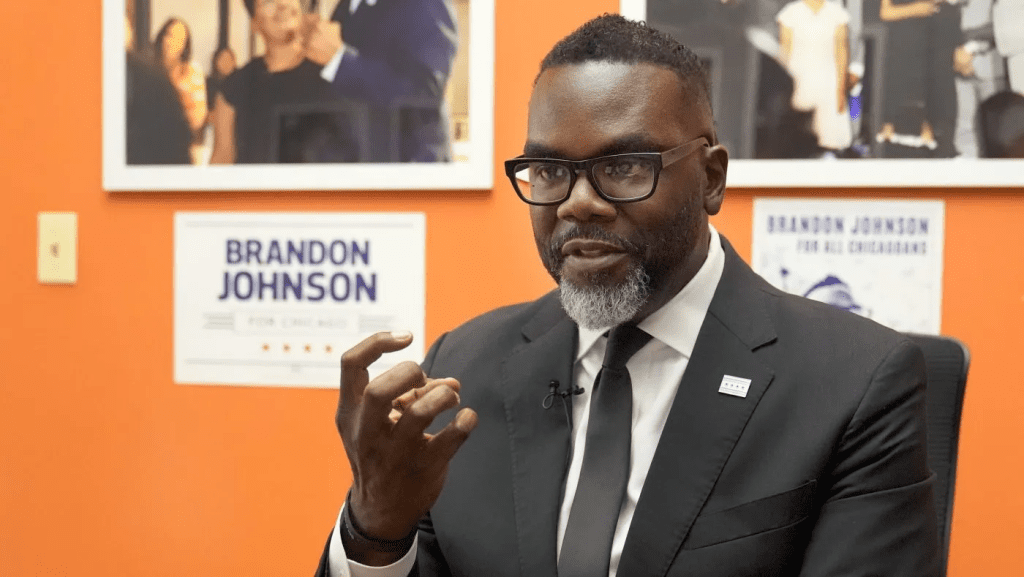
DeSantis framed his claim around the notion that the Mexican and Latin American drug-trafficking organisations have exploited Chicago’s limited federal cooperation to establish logistics hubs for moving narcotics, firearms and illicit cash. He said that Mayor Johnson, by defending an “ICE-free zone” approach in Chicago, has created safe harbour for cartel-linked networks. DeSantis argued that the weakening of federal local-law-enforcement links under Johnson indirectly allows cartels to flourish, adding that victims of gang violence and neighbourhood communities in Chicago are paying the price.
In response, Mayor Johnson’s office called the accusations “outrageous” and insisted that Chicago remains committed to law enforcement and public safety. Johnson points to crime statistics the city offers — including declines in certain violent-crime categories — and stresses that Chicago police, in his words, “work daily with federal and Homeland Security agents.” Advocates in his administration say Johnson is focused on holistic community investment, not turning Chicago into a walled fortress for crime.
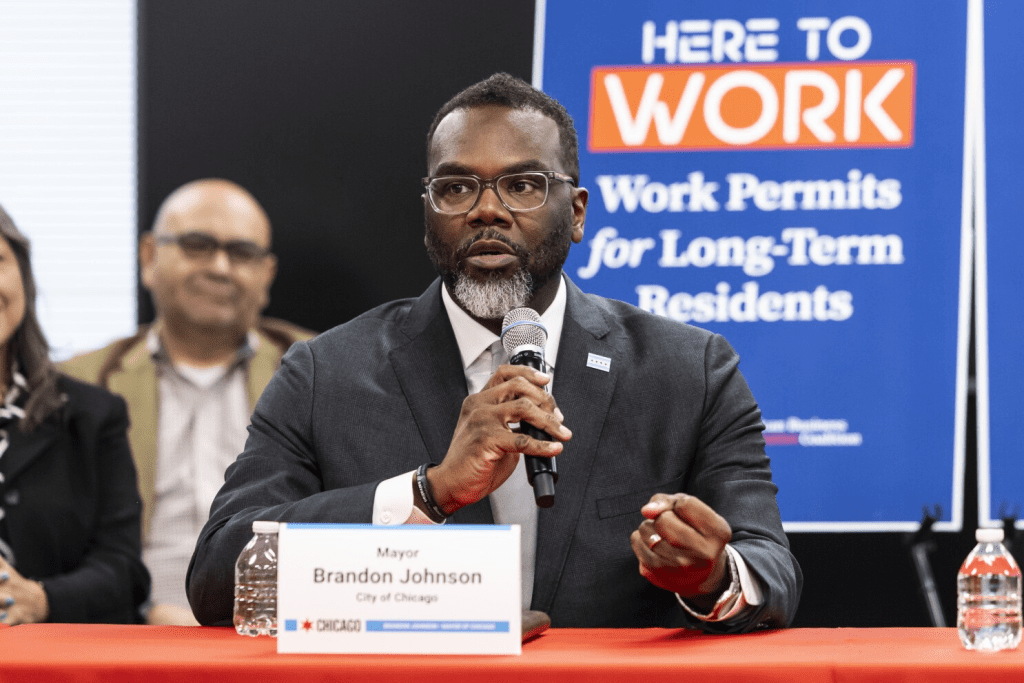
The broader context of the accusation is deeply political. DeSantis, who remains a prominent figure in Republican circles and a likely contender for national leadership, is using the issue of crime and immigration to bolster his credentials and message of zero-tolerance for criminal networks. As part of his narrative, he portrays Chicago’s municipal policy as part of a national breakdown in law and order — one he says only aggressive federal enforcement can correct.
In Chicago, the political fallout is building. Johnson’s approval ratings, which critics suggest are historically low in the city’s modern era, make the mayor vulnerable to challenges from both criminal-justice critics and reform-focused allies. DeSantis’ remarks intensify the pressure on Johnson, framing him not just as a city leader under strain, but as a possible conduit for transnational criminal activity. For Chicago residents already battered by gun violence and gang infiltration, the charges are deeply resonant — and deeply troubling.
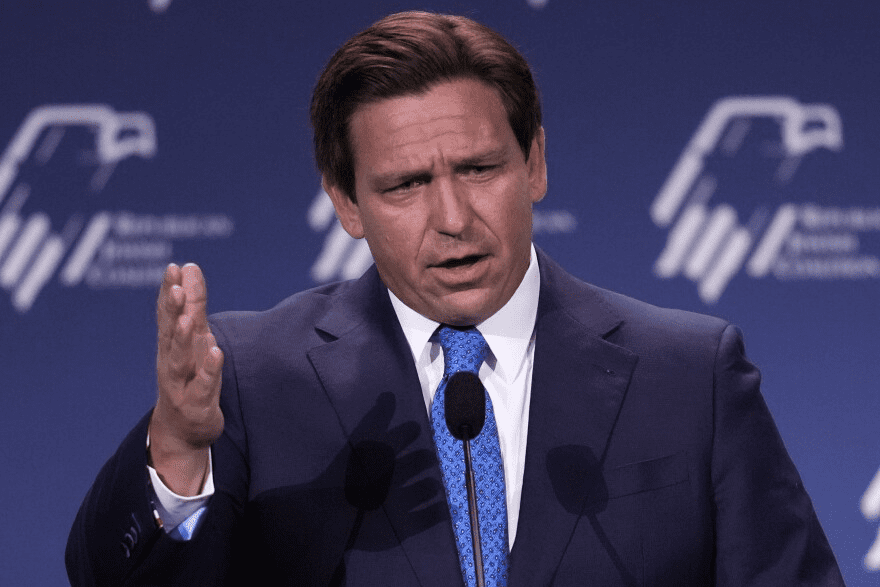
Law-enforcement analysts caution that linking a mayor’s immigration stance directly to cartel operations is a serious claim, one that demands concrete evidence of coordination rather than policy divergence. Federal authorities have not publicly confirmed any investigation specifically naming Chicago’s municipal leadership as cartel co-conspirators. Nonetheless, DeSantis’ framing taps into growing public frustration with cities struggling to contain drug-trafficking flows, fentanyl distribution and the violence that often follows.
The exchange underscores how crime, immigration, and governance are colliding in the American political arena. Chicago remains emblematic of the challenges facing major urban centres, while DeSantis is positioning himself as the figure ready to bring a tougher federal hand to bear. As this fight plays out on both national and local stages, the question becomes whether Chicago will be able to defend its approach — and whether the mayor will address what many see as a direct question of public safety, not just politics.
